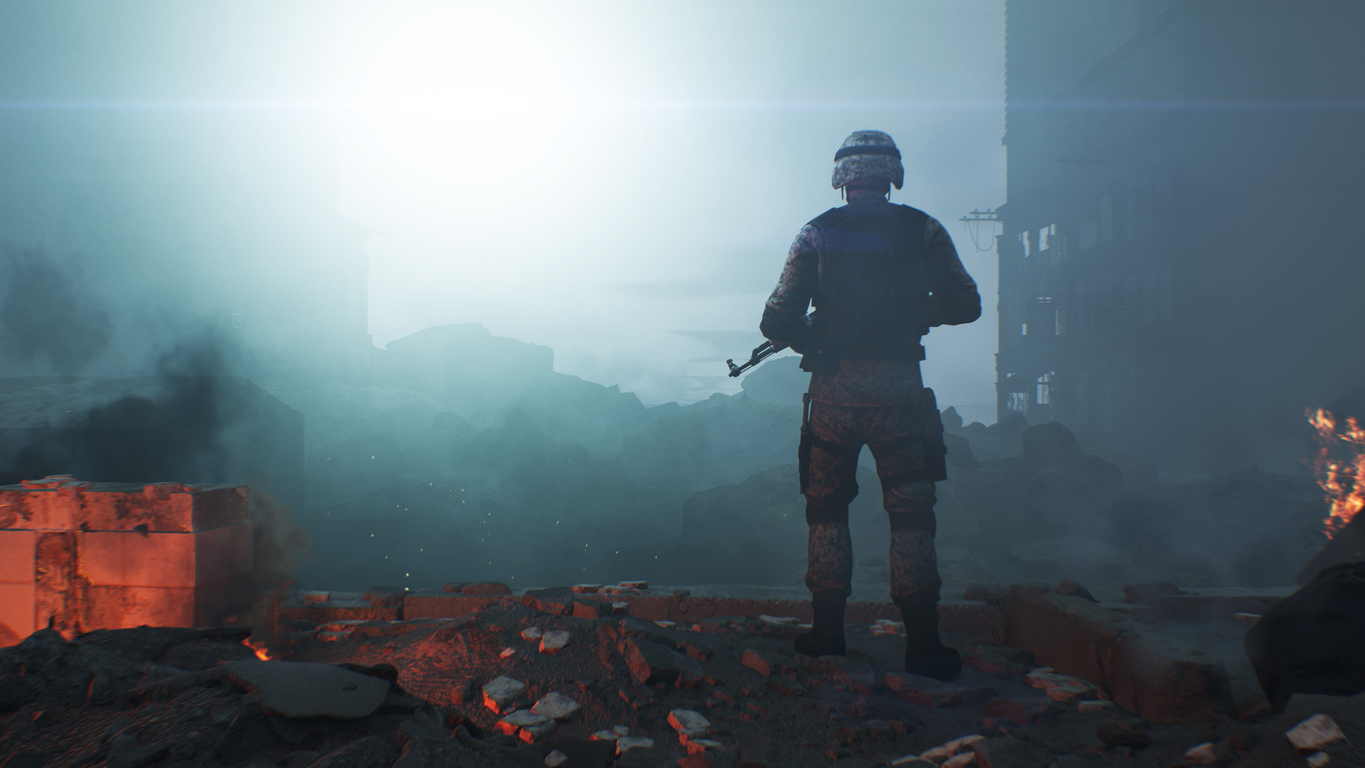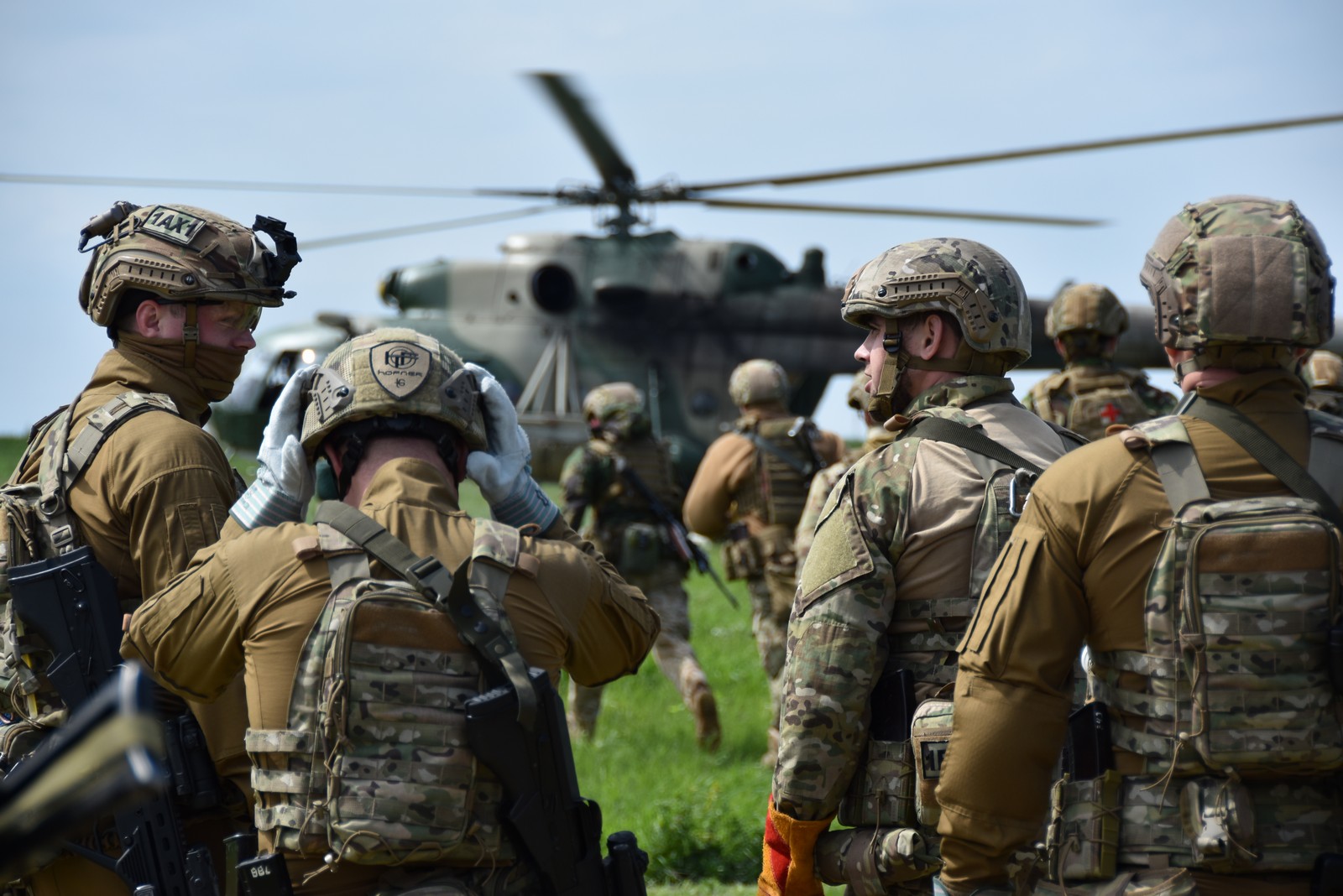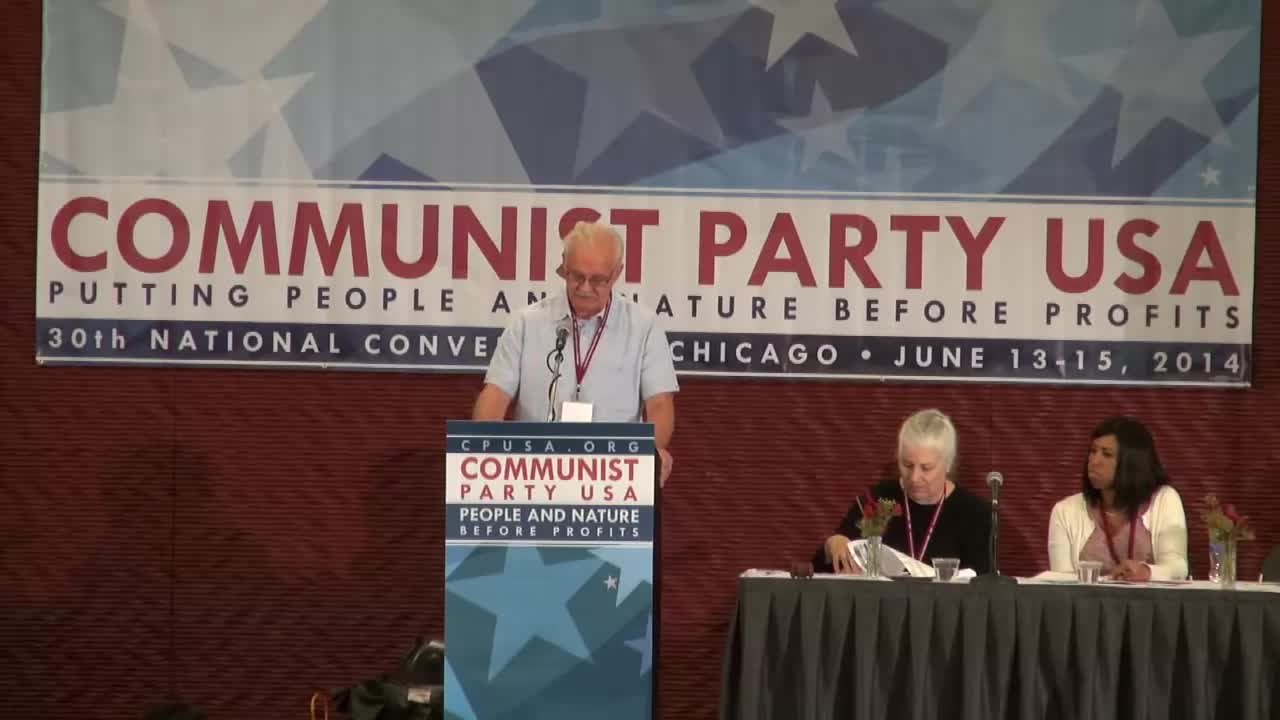Ukrainian Realists

Dissatisfaction with the situation on the front is growing in Ukraine. The Ukrainians are still not ready to talk to Russia, but faith in regaining their lost territories is slowly diminishing. Enthusiastically patriotic romanticism is giving way to realism.
Maciej Pieczyński
In recent months, those among the Ukrainian elite who are in a position to know the most about the actual situation on the front and who understand it best are also those who have demonstrated realism. This is the case, for example, with General Valery Zaluzhny, the commander-in-chief of the Ukrainian Armed Forces. In November, talking to The Economist, he admitted that the counteroffensive had failed and that the war with Russia had entered a phase of positional warfare. His intention was to motivate the West to increase aid to Kyiv. But President Zelensky feared that Zaluzhny’s sincerity would instead discourage partners from further investing in the Ukrainian military effort.
This resulted in a conflict between the president and the commander-in-chief. Zaluzhny admitted that he had misjudged not so much the Russian army’s combat capabilities as the mentality of its commanders and soldiers. He thought that the aggressor would be stopped by the losses they suffered, and that it would be enough to bleed the enemy’s army until the Kremlin would decide to cease hostilities. “That was my mistake. Russia has lost at least 150,000 dead. In any other country, such casualties would have stopped the war. But not in Russia, where life is cheap,” he said.
On the one hand, it is good for the Ukrainian army that its commander-in-chief has understood this. Better late than never. On the other, for anyone with even a superficial knowledge of Russian history and its military, it should come as no surprise that their casualties do not make an impression on Moscow. And a Ukrainian general in particular should understand this.
CRITICISM OF THE AUTHORITIES EQUALS CRITICISM OF THE NATION
Zaluzhny was not the only one who optimistically assumed that it would be enough to bleed the Russian army in order to stop it. Such hopes were expressed for months by both Ukrainian and Western commentators. Today, there is no longer any doubt that those hopes have proven to be misplaced. According to Oleksii Arestovych, a former advisor to the head of the Ukrainian President’s Office, Andriy Yermak, “simple math” can help to understand this. Russia, having lost (roughly) 350,000 troops, captured territory that Kyiv estimates is home to at least 1.2 million people. Of these, half are men. About half of those are of draft age. “The Russian Federation has at least compensated for its losses. On the other hand, it has gained territory, industry, raw materials, and a female population,” writes Arestovych.
Yermak’s former advisor has criticized the government and people of Ukraine: the government for fostering an unfounded belief in victory, which now has too few resources to wage the war and lacks the funds to pay pensions and finance mobilization; the nation because it willingly allowed itself to be deceived by the government. In one of his posts on Telegram that was published late last year, Arestovych outlined the Ukrainian authorities’ way of thinking, which has led, in his opinion, to the current situation. “First you want to enter the European Union and NATO. [The Russians] warn you that the price to pay for heading toward the EU and NATO is a great war with Russia. You say ‘all right’ and write the EU and NATO into the Constitution. And you do not prepare for a major war on the assumption that, after all, such a war cannot break out in the 21st century, right? And yet a great war breaks out,” Arestovych wrote.
He went on to state that the predictable price for Ukraine’s Euro-Atlantic ambitions was “a bloody war, very possibly to the last Ukrainian.” The latter phrase is often used by Russian propaganda, which portrays the war as Western aggression against Russia, aggression carried out by the Ukrainians themselves, who supposedly serve the “Yanks” as cannon fodder.
Arestovych does not draw such far-reaching conclusions, however. Instead, he suggests that since Ukraine made the risky decision to change course toward the West, it should have prepared for war with Russia, but it did not. As a result, it was doomed to reliance on Western assistance. The West, however, was not going to sacrifice its own blood and fight with Russia “to the last European” over Ukraine’s entry into NATO and the EU. “Well, son, did your Lachs help you?” asks Arestovych rhetorically, quoting the novel Taras Bulba by Nikolai Gogol. The title character, a Cossack commander, addresses his own son with these words before executing him for siding with the Poles (the “Lachs”). This quote is also eagerly exploited by Russian propaganda. Its contemporary, anti-Western message is obvious, especially since Gogol was a Ukrainian who became a Russian writer glorifying the Russian Empire. On the other hand, Arestovych himself has repeatedly criticized Kyiv for spoiling relations with Warsaw, and thus attributing anti-Polish views to him would be absurd. It is the West as such (and mainly the Western supranational structures, NATO and the EU) that he often criticizes.
Poland and Ukraine at a crossroads. Has Kyiv chosen Berlin and Brussels?
Arestovych currently resides outside of Ukraine. Last fall, he announced his intention to run in the upcoming presidential election (although it is unclear when it will be held) and outlined his program. He proposed to give up the armed struggle for the occupied territories in exchange for Ukraine’s accession to NATO. “Even if we reach the 1991 borders, which is very unlikely, who can guarantee that the war will end there? The war could go on and on. We must stop it. We can talk about boundaries. I am not proposing that we simply hand over the occupied territories to Russia, but rather that Ukraine join NATO, receive political and military guarantees from the bloc, and have the opportunity for the peaceful development of its economy and culture. Then we should quietly look forward to regime change in Russia,” he argued.
He also elaborated on this thesis in an interview I conducted with him for the Polish Do Rzeczy weekly (No. 43/2023). He said at the time that giving up the fight to regain the occupied territories would only be temporary. Ukraine would pledge not to take them back for 10 or 15 years. This would buy time to rebuild the economy and strengthen the army. Putin will probably die during this period, which would open up the chance to win concessions from the new Kremlin leadership. “Most Ukrainians still cannot imagine an agreement with the aggressor. But there is a growing realization that such an agreement will eventually have to be signed, because the war cannot last forever. A sober assessment of the situation usually comes when the call to arms comes… It’s one thing to cheer for the army in front of the TV, and another to go to the front. And since the mobilization is reaching more and more people, the awareness that the war will eventually have to be ended is growing as well,” says Arestovych.
THE PRICE OF INFANTILISM
Arestovych’s realism under wartime conditions is understandably controversial. But his pessimistic assessment of the situation is very slowly becoming mainstream. This is evidenced not only by General Zaluzhny’s statements that were quoted above, but also by the slow change in public sentiment that is being expressed in the media coverage. As opposition journalist Viktoria Siumar notes, for almost two years of war the authorities in Kyiv have been telling Ukrainians about “weak Russia,” inviting them for “coffee on the promenade in Crimea” and promising victory in 2023.
This overly optimistic message was fed to viewers mainly through the so-called Telemaraton, i.e. the combined broadcasting of the country’s largest television stations. “The new year of 2024 greets us with a cold shower of reality,” the journalist states bitterly. She then lists the problems and controversial changes that Ukraine will face in the coming months. First, there will be new mobilization rules that are stricter than before. Second, demobilization will be deferred for at least 14 months. Third, there may be problems with salary and pension payments. Fourth, the Finance Ministry has admitted that it doesn’t know where the money will come from to support the 500,000 conscripts that Kyiv intends to enlist in the new wave of mobilizations.
Meanwhile, army representatives have begun to speak openly about the “strong Russia” that is learning from its mistakes, and about Ukrainian losses. “Despite the propaganda efforts of Telemaraton and the Telegram channels linked to [head of the president’s office] Yermak, reality is beginning to prevail. And after the calming baths, this reality is extremely painful,” Siumar writes. In her opinion, it is not only the messaging policy itself but politics in general that is responsible for Ukraine’s violent clash with the facts that had been concealed by the authorities’ propaganda. Zelensky’s team underestimated the aggressor’s potential.
Siumar suspects that it is not that the Ukrainian authorities were wrong in their analyses, but that they probably did not do any analysis at all. They did not do their basic homework, which should be a rationally-based comparison of the forces and capabilities of the two sides in the conflict. Referring to the president’s past as a comedian, the journalist notes ironically that war is not cinema, and that the strategy of a politician’s actions in such a difficult situation cannot be “an imitation, merely reading from a ready-made script.”
Ukraine is thus paying the highest price for infantilism, and for believing in propaganda. Therefore, argues the journalist, it’s time to get busy developing realistic strategies – strategies for continued fighting with Russia, not peace talks. In this regard, Viktoria Siumar represents the typical viewpoint in Ukraine, which can be summarized as follows: “We are not doing well on the front, it’s getting worse. Instead of a counteroffensive, there is positional warfare. We are dissatisfied with the policy of Zelensky, who is more concerned with public relations and consolidating his power than fighting the enemy. But we don’t want to hear about peace talks, we just need to prepare better for war.”
Pylyp Dukhliy, a veteran of the Armed Forces of Ukraine and a clinical psychologist dedicated to helping veterans, expressed a similar opinion. In a lengthy Facebook post, he noted what is becoming clear to most of his fellow countrymen: “We are facing a war of attrition that could last for decades.” And the longer the conflict continues, the more tired the West will eventually become of supporting Ukraine. Therefore, Dukhliy argues, Ukrainians must learn to rely on themselves: on their own arms industry, on their own economy, and on their own willingness to die on the front lines. Dukhliy then made a forecast that just a few months ago would have been considered an expression of harmful defeatism: “We must be prepared to continue this war alone, and the areas that are currently occupied will remain under occupation for years to come. And this is still the most optimistic scenario. The most pessimistic would be the loss of our means of waging war, internal destabilization, and loss of statehood.” Excessive optimism was needed when it came to lifting the nation’s spirits. But in the long run, it prevented a realistic assessment of the situation.
GROWING DISCONTENT
As we can see, Ukrainians themselves are beginning to understand that the prospect of regaining their pre-2014 borders is a geopolitical fiction at the moment. But this does not mean that they are ready to openly give up on achieving this goal in the future. On the contrary, the Ukrainian “realists” are not proposing capitulation, but merely a change in tactics. In their view, rather than fighting at all costs here and now to regain all their lost territories, the focus should be on strengthening the Ukrainian state.
On the one hand, the Ukrainian government rejects the possibility of negotiations with Russia, arguing that a possible ceasefire would be a chance for Moscow to regroup its forces and prepare for another invasion. On the other, the same authorities have, in practice, reconciled themselves to the freezing of the conflict, at least to some extent. This is how decisions to accelerate the construction of fortifications and military engineering obstacles can be understood. At present, the authorities already give the impression of being reconciled to the fact that instead of a rapid liberation march, long years of positional warfare await Ukraine. This means defending the current state of affairs with only the declared hope of reaching the former borders, but there are currently no talks of new counteroffensives.
However, even an effective defense of the current status quo is impossible without Western support. And on top of that, it will mean a deepening crisis for the Ukrainian state and economy. There is little indication that Ukraine will very quickly fight corruption, align itself with Western standards, and join the European Union and NATO.
Dissatisfaction with the current governmental team is growing in Ukraine. At the same time, Zelensky is not losing support because he wants to continue fighting Russia. The reason this is happening is that his fight against Russia has not worked so far. Some Ukrainians no longer find it enough that their president did not flee Kyiv at the outset of the war, or even that under his rule Ukraine has in fact preserved its independence. Accusations of inadequate preparation of the country for war are resounding more often and louder against Zelensky. There is also growing discontent due to the prevailing censorship and the president’s authoritarian tendencies.
Ukrainians are not Russians, and they do not easily accept strongman rule. Attempts to establish a dictatorship on the banks of the Dnieper River usually end in revolution. Zelensky showed a poor grasp of Ukrainian political culture when he claimed that Russia wanted to overthrow him through another Maidan. Ukraine’s Maidan overthrows pro-Russian autocrats, not Moscow’s enemies. By expressing his fear of a “color revolution,” Zelensky himself gave a reason for his opponents to make sarcastic remarks about the comeback of the pre-war Zelensky – in other words, the one who was conciliatory toward Russia.
So for now, Ukrainian society is complaining not so much about the war as about a leader who is incapable of winning that war. Frustration will grow even more as Western support and ordinary Ukrainians’ standard of living dwindle. Thus eventually, unless the situation changes significantly in favor of Kyiv, Arestovych’s views will cease to be restricted to a controversial fringe.
This article was first published in Polish in the Do Rzeczy weekly in January 2024.



